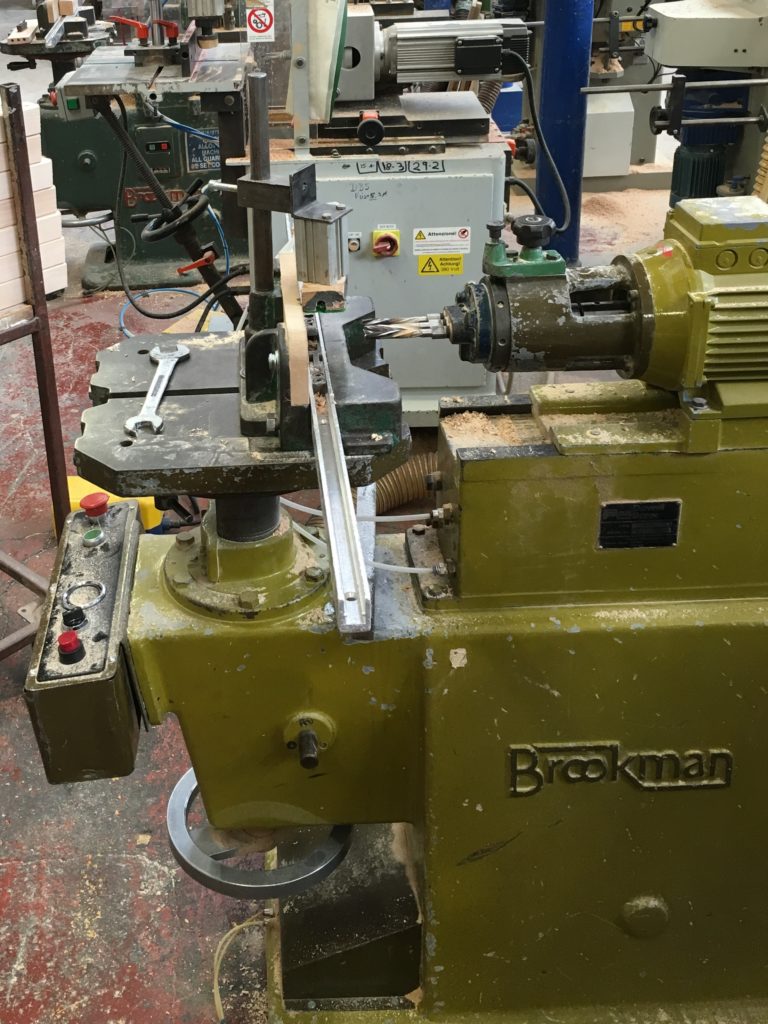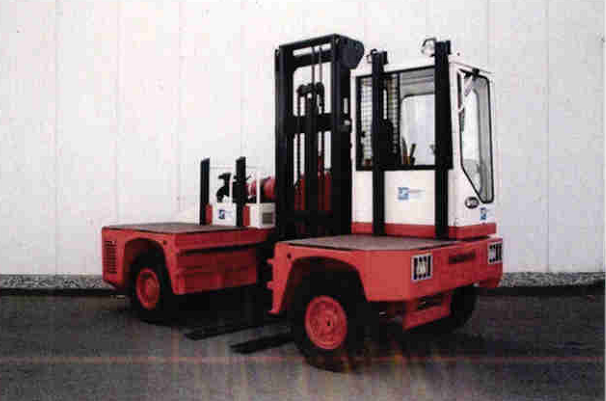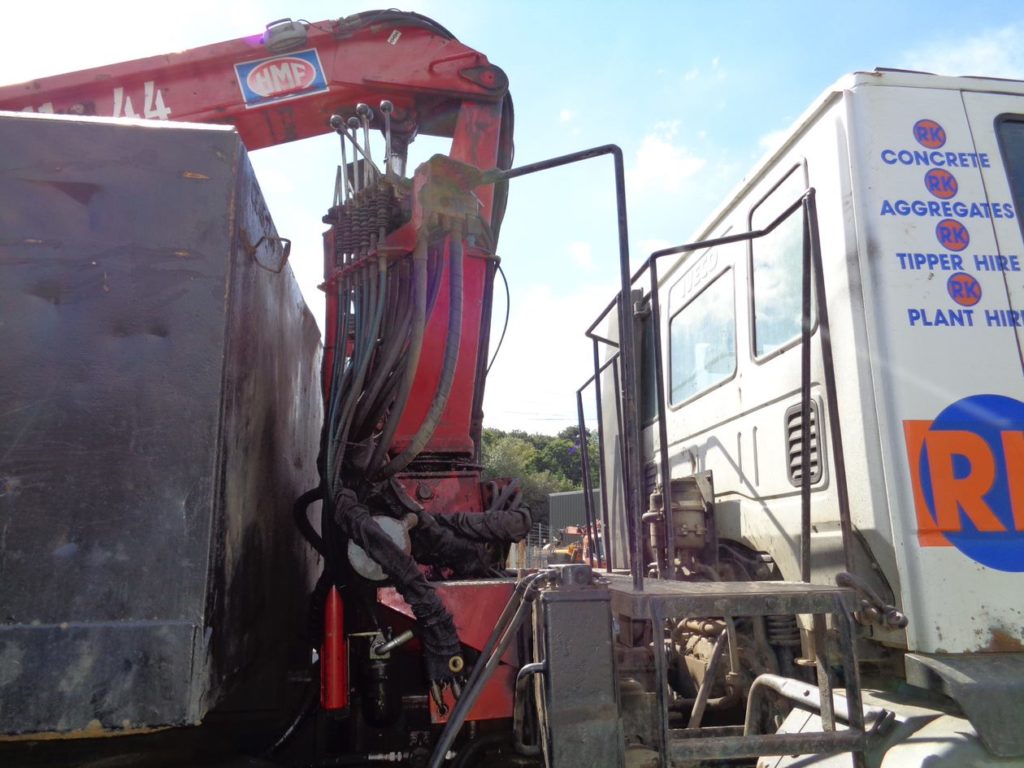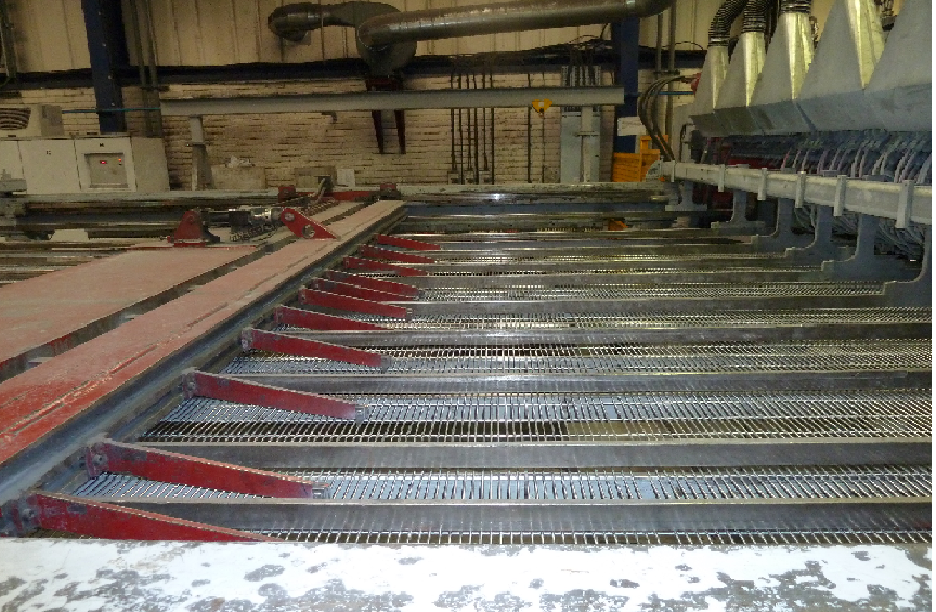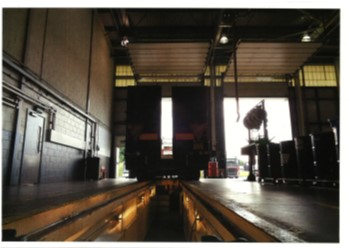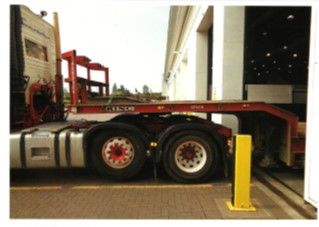Chemical company LMA Services Ltd was fined £16,377 (inc. costs) for safety breaches after a fire which quickly took hold of buildings and storage areas at the site.
The circumstances were:
- On 30 June 2016, a highly flammable liquid, was being decanted from a bulk storage container into 4-litre metal cans.
- The process involved placing a bulk container of heptane onto racking at a height of about 1.5m.
- A table was then positioned beneath the bulk container onto which a small electrical weighing scale was positioned.
- Metal cans were placed onto the scale and an employee filled the cans by weight by manually operating a tap on the bulk container in the warehouse building.
- A flammable vapour created during the process came into contact with an ignition source causing the vapour to ignite.
- The operator dropped the can he was filling, exited the warehouse quickly and raised the alarm. He did not suffer any serious injury.
- The fire spread quickly and destroyed the warehouse, the adjacent warehouse and an external storage area between the two.
- The HSE’s investigation found that the most likely source of ignition was a spark from the electrical weighing scales.
The HSE inspector commented:
“The risks associated with the decanting operation were not fully understood by the company. There were potential ignition sources present within the area where a flammable vapour was likely to occur. This case highlights the importance of assessing risks associated with flammable atmospheres. Employers should ensure that adequate measures are taken to reduce the formation of flammable atmospheres so far as is reasonably practicable, and to ensure that only suitable electrical equipment is used in areas where a flammable atmosphere may be present.”








